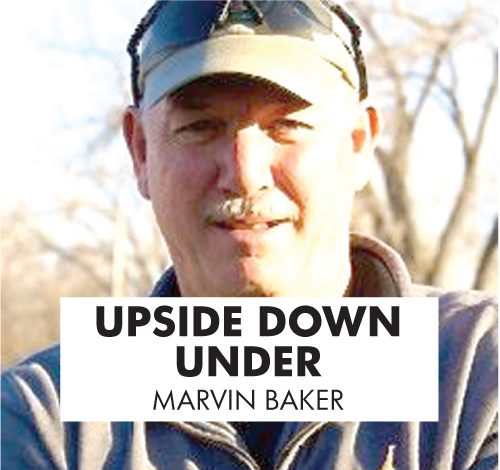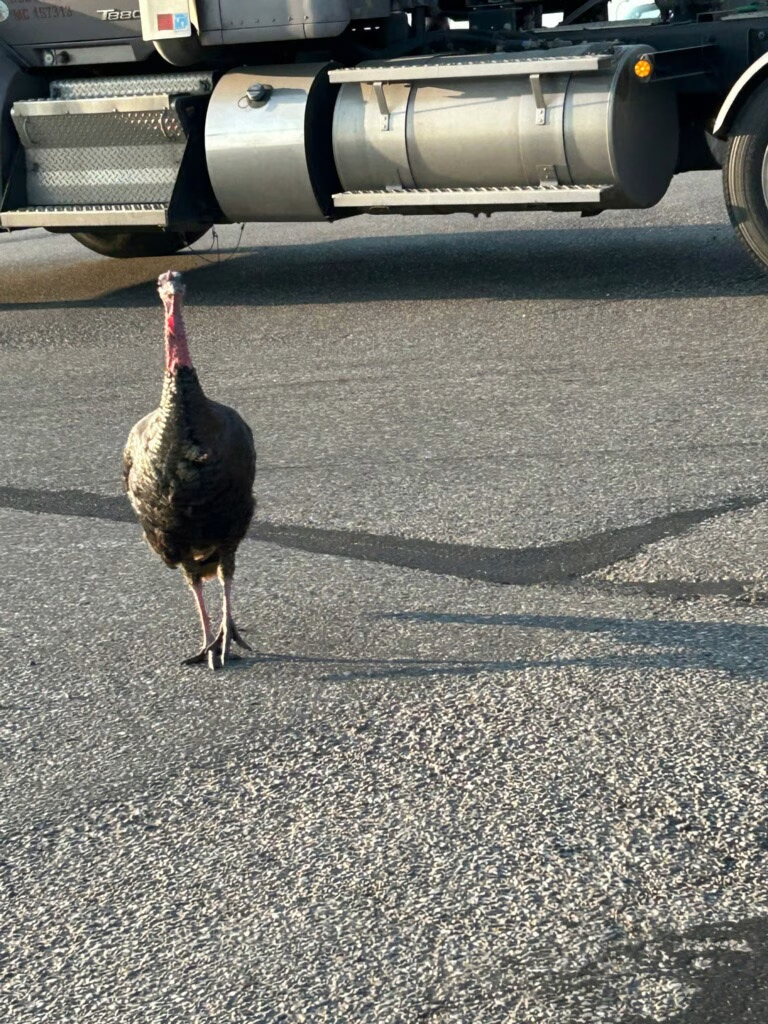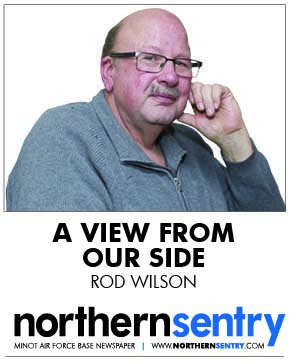A couple of weeks ago KFYR-TV in Bismarck reported North Dakota now has only 29 grade A dairy farms, down from 53 in 2020.
That seems unusual given that milk is the official North Dakota beverage. The number of dairy farms has been sinking for many years with no recourse to keep the industry from spiraling out of control.
Back in the 1950s there were thousands of dairy farms in the state. Thousands might be a little misleading because back then, any farm with 10 or more milk cows was considered a dairy. And, let’s face it, there were a lot more farms in the ‘50s.
In a recent announcement, Riverview Dairy of Morris, Minn., hopes to build a 25,000-cow dairy near Hillsboro and a 12,500-cow dairy near Wahpeton. Despite the number of cows that would bring back to the state and the amount of milk they would produce, mathematically it’s only two new dairy farms.
The bigger issue may be that these dairies, should they come to fruition, would be considered confined animal feeding operations (CAFOs). That type of farming has been met with a lot of skepticism and controversy in the state.
You might remember a hog CAFO just to the west of Larimore a number of years ago. That was tied up in litigation a long time before the facility was actually built. It has now been operating several years with little dissent.
Since that time, other hog CAFOs have been built across the state near Cando, Tower City and Westhope. You don’t hear a lot of complaining, at least not in the news. I can just imagine how the residents of Larimore must feel when there is a northwest wind blowing.
The owners of these new dairy farms will surely see the same dissent that surfaced when the other CAFOs were built, even though these aren’t about hogs.
This has traditionally been a state of family farms and even though Riverview is bringing a lot of economic development, jobs and new money into two of our counties, it reeks of corporate farming.
That’s why there’s going to be protests when this thing gets under way. It may be OK in Minnesota, but North Dakota’s thinking is quite different. But last year, Gov. Doug Burgum had a goal to loosen corporate farm ownership for the 2023 legislative session.
Then, during the session, the Legislature passed a bill that made it easier to bring in outside capital in modern livestock operations.
That upset some people across the state, and without naming names, existing dairy farmers have something to say about Riverview upsetting the apple cart.
There are a number of subsequent pros and cons to this scenario. Where is the feed going to come from to feed 37,500 cows? Where is the water going to come from to keep the cows from getting thirsty, number one, and number two, if you’ve ever been on a dairy farm, you know a lot of water is needed to keep the cows and barn clean so the milk can pass inspection.
Then, there’s the processing. Who is going to process the milk? Who is going to make cheese? who is going to separate it into milk and cream? Will it have to be shipped?
The bigger issue, perhaps, is where is the manure going to go? It can certainly be put onto farm fields which is a natural fertilizer, something that was done before processed fertilizers came along.
We also have to consider that both of these new dairies would be expected to employ 150 people. That’s great, but are there 150 people who would be willing to work on a mega dairy given that just about any place that employs people is currently shorthanded.
The good news, and the bottom line is, these dairies would more than quadruple the amount of fluid milk the state now produces.
Maybe then can we feel good about calling milk our official state beverage.













